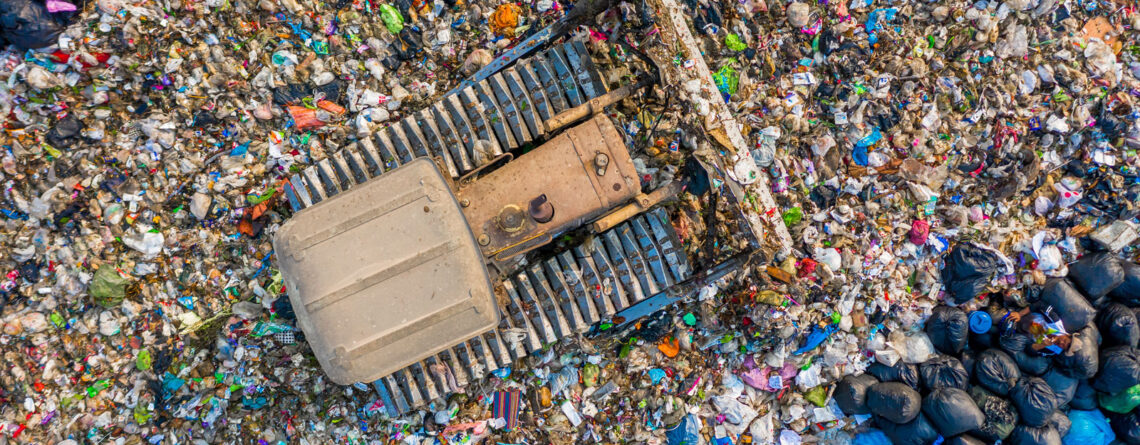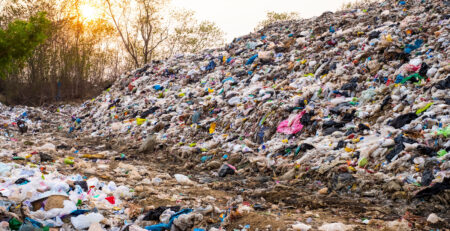Municipal Solid Waste
Solid waste management in developing countries, Burundi included, and emerging economies is generally characterized by highly inefficient waste-collection practices, variable and inadequate levels of service due to limited resources, lack of environmental control systems and appropriate legislation, limited know-how, indiscriminate dumping, littering and scavenging and, most of all, poor environmental and waste awareness among the general public.
Bujumbura City, and the surrounding Metropolitan Area, the economic capital of Burundi, has an estimated population of over 1.4 million inhabitants. Bujumbura Municipality exercises control over the waste collection and management activities within the municipality and has licensed a total of 30 operators to collect solid waste from households and dispose of the same at the designated landfill in Buterere on the outskirts of the city.
Waste-to-energy plants burn MSW, often called garbage or trash, to produce steam in a boiler, and the steam is used to power an electric generator turbine.
MSW is a mixture of energy-rich materials such as paper, plastics, yard waste, and products made from wood. For every 100 pounds of MSW in some more developed countries, about 85 pounds can be burned as fuel to generate electricity. Waste-to-energy plants reduce 2,000 pounds of garbage to ash that weighs between 300 pounds and 600 pounds, and they reduce the volume of waste by about 87%.
The most common waste-to-energy system in the mass-burn system. In this system, unprocessed MSW is burned in a large incinerator with a boiler and a generator to produce electricity (see illustration below). A less common type of system processes MSW to remove incombustible materials to produce refuse-derived fuel (RDF).



